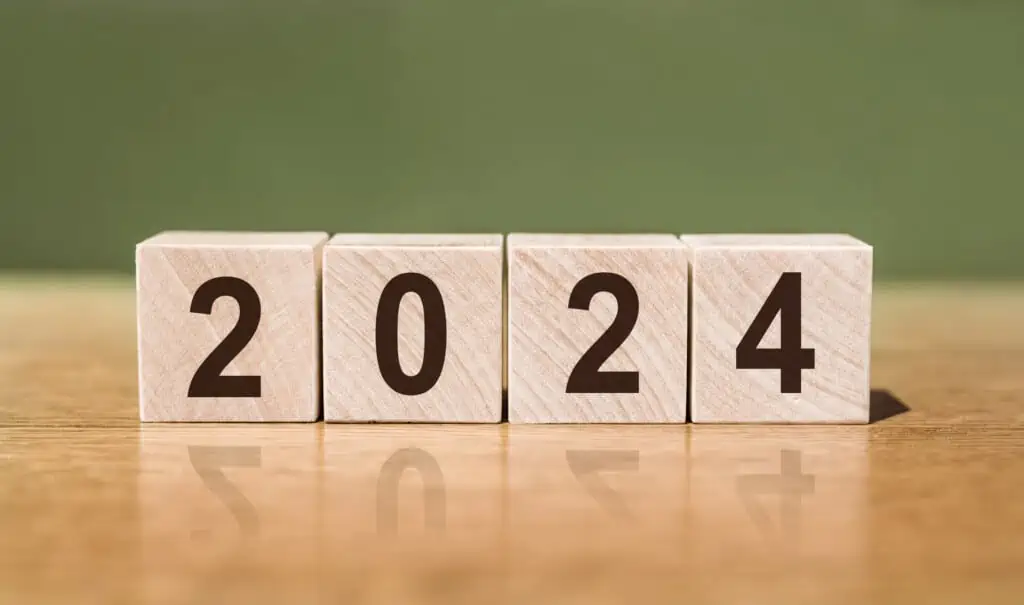
Yearly in December, Espresso Evaluation’s editorial staff hustles to decide on the matters for the next yr’s editorial calendar. This, our January report, shares some ideas on the matters we selected and the way we selected them. See our full 2024 Editorial Calendar.
In November, as Espresso Evaluation compiles its annual Prime 30 Coffees record, we rigorously contemplate the components that made the coffees we tasted in 2023 so thrilling. We ponder the 1000’s of samples cupped over the course of the yr and the practically 600 critiques we revealed. The Prime-30 record is primarily designed to acknowledge and reward the farmers and roasters who produce these positive top-scoring coffees, nevertheless it additionally serves as a shopping for information for espresso lovers.
As well as, the method serves to tell and encourage Espresso Evaluation’s alternative of report matters for the upcoming yr’s editorial calendar. We inevitably uncover thrilling new coffees and traits, new roasters and roast kinds, rising origins, new varieties and processing strategies, in addition to outdated favorites that spur our concepts for exploration within the coming yr.
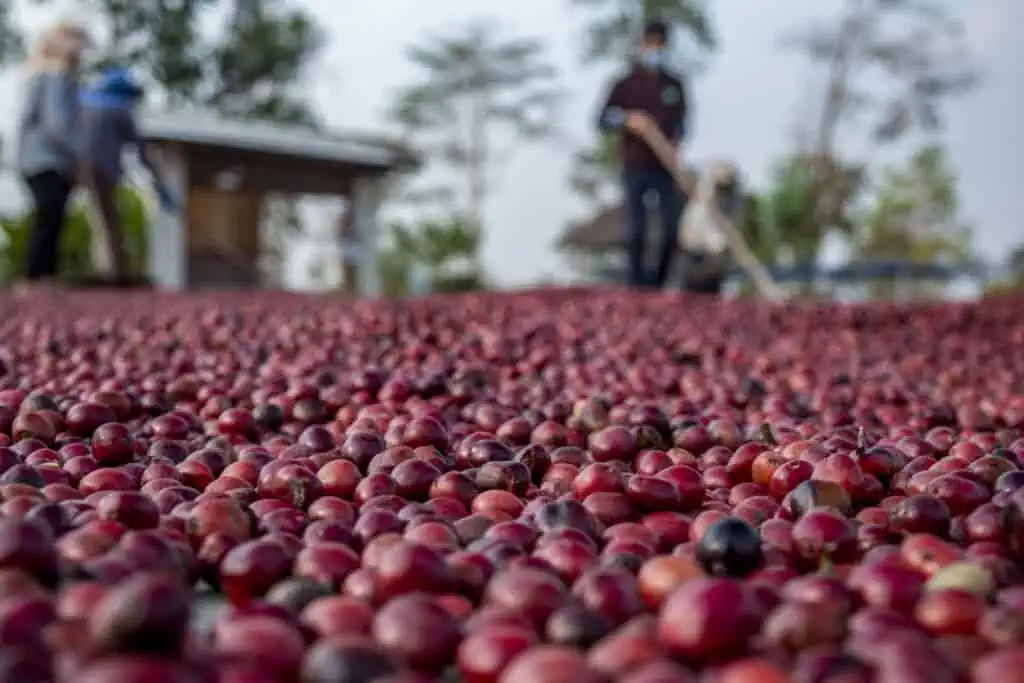
Our record of potential matters at all times exceeds our skill to cowl them. That is much more true in 2024, as we’ve determined to trim the variety of scheduled stories from 10 to five. Usually, we start our cuppings in January and wrap up the yr with our last report in November. Within the coming yr, to ascertain a extra sustainable tempo and higher serve our readers, we now have determined to publish stories each different month reasonably than each month. It is going to give us a bit of extra respiration room, and it’ll open the door to including a few impromptu stories on thrilling matters that pop up in the course of the yr.
So, how can we select matters?
From the standpoint of sourcing samples, we try for a subject that can generate a candy spot of between 30 and 100 coffees. If we select too slim a subject (or a poorly timed one), we might not be capable to supply sufficient high quality samples for a significant cupping and report. If we select too broad a subject, we will likely be inundated with samples, and testing too many coffees limits our time for researching and writing the report and critiques.
Keep in mind that Espresso Evaluation additionally accepts each roasted and inexperienced samples for blind assessment all year long as a part of our fee-based providers. Not surprisingly, roasters and farmers normally attempt to put their greatest foot ahead, which implies we usually obtain high-end coffees from fashionable origins that always earn deservedly excessive scores. That’s positive with Espresso Evaluation, as our mission is to assist shoppers discover superior high quality coffees. Nonetheless, as a result of we already obtain many coffees from such high-profile origins, we have a tendency to not characteristic these fashionable origins as report matters. We strive to decide on matters that can tease out thrilling coffees that we would not in any other case have a chance to assessment.
Roasters usually don’t submit many decafs, darkish roasts, or coffees from lesser-known origins for standalone assessment as a result of they could not garner excessive, attention-grabbing excessive scores. And since our mission is to assist shoppers discover and luxuriate in superior high quality coffees — not “out” coffees, roasters or farmers that don’t earn a excessive rating — one tends to see solely the cream of the crop reviewed on our web site. We cup a whole lot of unremarkable coffees over the course of the yr to uncover the 500-plus coffees that benefit 90 factors or greater. If one casually reads Espresso Evaluation, one would possibly incorrectly suppose each espresso will get a 90-plus rating, when in reality, solely 10 to fifteen p.c of coffees we cup earn a rating of 90 factors or greater.
For every report, we check wherever from 30 to greater than 100 coffees that relate to the report matter. Based mostly on our tasting, descriptions and scores, we select 10 or extra coffees that we assessment intimately, and that present the descriptive spine for every report.
These are the report matters we now have chosen for 2024, based mostly largely on what we’re excited to discover within the coming yr.
FEBRUARY/MARCH 2024: COFFEES ROASTED IN HAWAII
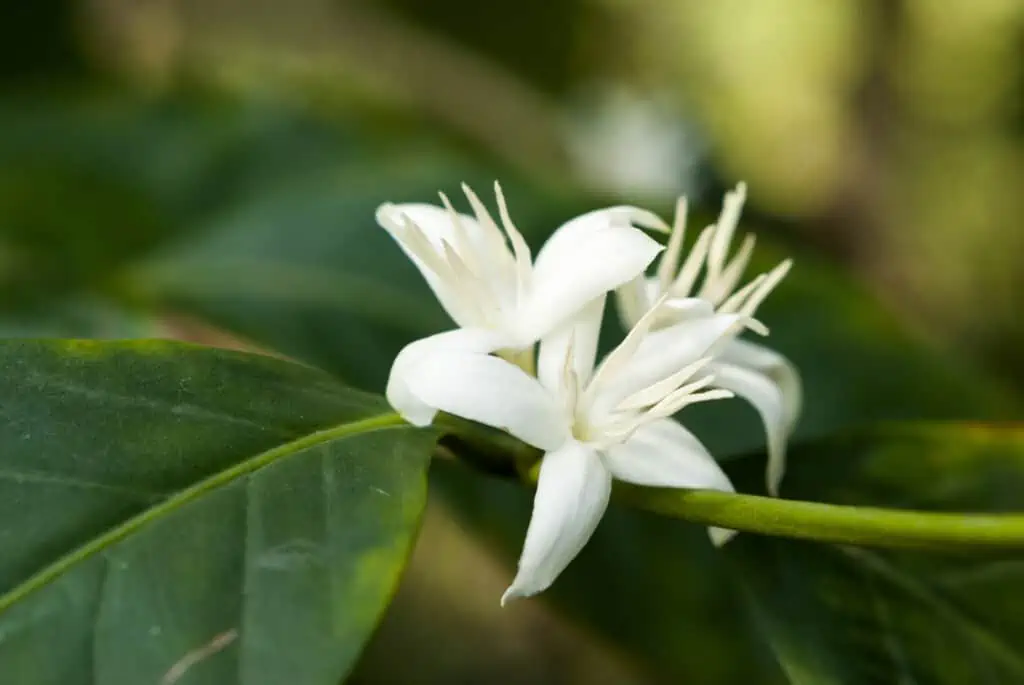
Espresso tree blossom with white colour flower shut up view. Coffea arábica.
We frequently begin the yr with a regional report, exploring what native roasters are as much as in a selected space of the USA. Final yr, the subject was “10 Ski Nation Coffees.” This yr, in sharp distinction, we’ll report on coffees roasted in Hawaii.
Hawaii, typically, and the famend rising area of Kona, particularly, are well-known for rising wonderful coffees. Most of the farmers who develop coffees in Hawaii additionally roast their very own coffees on the market at their native tasting rooms and on-line. Many of those producers are well-known to Espresso Evaluation readers, as a number of have often appeared on our Prime 30 Coffees record annually. Nonetheless, not all espresso roasted in Hawaii is grown in Hawaii. There are a lot of high quality roasters on the islands who put out improbable coffees from different nice origins, as nicely.
Espresso Evaluation cups and scores coffees on a blind foundation. We consider coffees. We don’t endorse corporations. We don’t play favorites. Nonetheless, it might be disingenuous to counsel that we don’t have associates within the espresso trade. After the tragic wildfires on the island of Maui in August 2023, we’ve heard immediately from our associates that it has been more durable than standard to function a enterprise in Hawaii, each emotionally and financially.
So Hawaii is a good matter any time, however it’s a notably well timed matter now. We’re excited to judge the coffees that roasters in Hawaii are presently producing for locals, vacationers and low lovers on the mainland and around the globe.
APRIL/MAY 2024: SINGLE-ORIGIN COFFEES DESIGNED FOR ESPRESSO BREWING
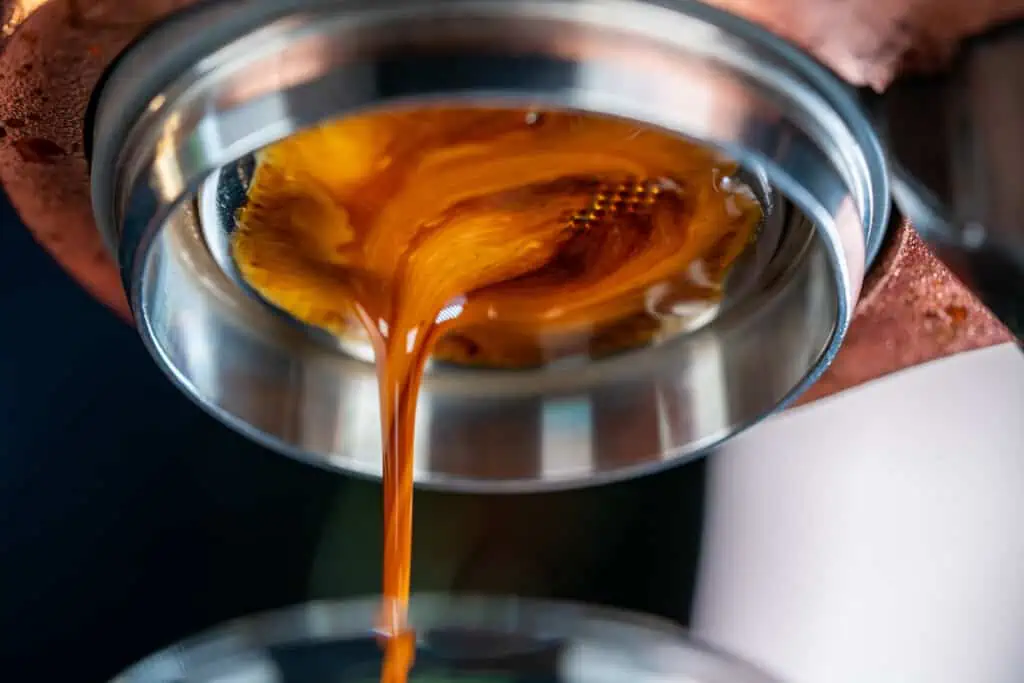
Espresso Evaluation often evaluates espressos for standalone assessment that don’t seem in our tasting stories. Roughly 20 p.c of the critiques we’ve revealed through the years have been for coffees designed for espresso brewing. Of late, nevertheless, it looks like we obtain fewer requests for espresso critiques. This lower might return to adjustments within the espresso market in the course of the peak of Covid. Competitions and occasions that featured espresso brewing have been canceled, and there was a dramatic drop in espresso consumption at cafes and low retailers. Customers drank extra espresso at residence, the place fewer individuals have espresso machines.
For our half, as a attainable indicator of pleasure ranges, half as many espressos appeared on our Prime 30 Coffees lists over the previous 4 years in comparison with earlier years. From 2020 to 2023, the typical variety of espressos on the record was simply 2.25, down from 5 in 2019 and 4 in 2018, a median of 4.5.
Evaluating espressos at Espresso Evaluation is extra complicated and time-consuming than evaluating non-espressos, so we now have to gear up bodily and mentally for tasting stories that require espresso brewing. One of many advantages of Espresso Evaluation’s revised editorial calendar is that we now have extra time to conduct an espresso-focused cupping and publish a report on coffees designed for espresso brewing.
We haven’t revealed an espresso report since Darker-Roasted Espresso Blends in August 2021, so we’re wanting ahead to evaluating the present choices from roasters who’re producing single-origin espressos in 2024.
JUNE/JULY 2024: READY-TO-DRINK PURE BLACK COFFEES IN CANS OR BOTTLES
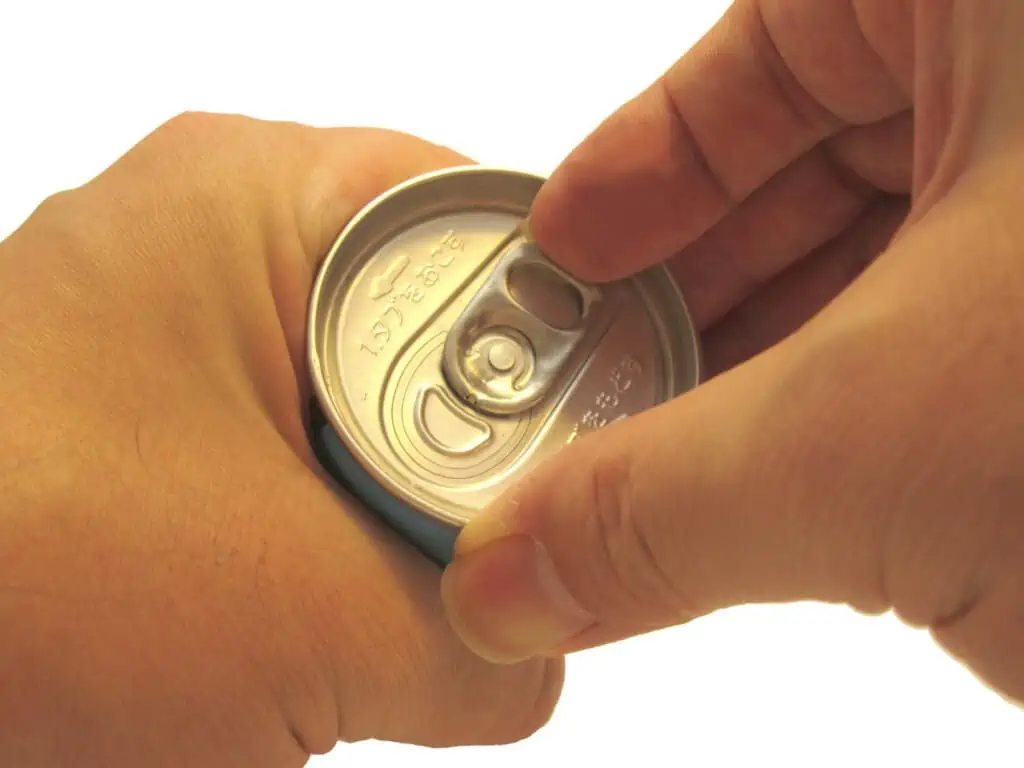
When the warmth of summer season begins to kick in, total espresso consumption tends to wane. That is when refreshing iced coffees and chilled ready-to-drink (RTD) canned and bottled black coffees take off. So, summer season is the proper time to check RTD coffees.
The supply and recognition of RTD coffees has exploded since Espresso Evaluation first reviewed them in our July 2014 report titled Bottled Iced Coffees. Virtually all of the submissions for that first report weren’t solely blends, however blends of largely unnamed parts and, frankly, generic in profile.
On the time, Espresso Evaluation Editor-in-Chief Kenneth Davids noticed:
“The perfect of those bottled chilly coffees appeared to us to ship a product worthy of the North American specialty trade: much less distinctive and fewer pronounced in character than analogous hot-brewed coffees, however smoother, extra refreshing, but nonetheless distinctive sufficient to shock and have interaction.”
Certainly, 5 RTD coffees earned scores of 90 factors or greater, together with the 94-point Chilly Brew by Slingshot Espresso in Raleigh, North Carolina.
In our 2018 report — Chilly-Brewed Black Coffees: High quality in a Can? — we have been impressed by the complexity of the handful of top-scoring cold-brewed coffees we examined, however have been left questioning if the RTD pattern was only a passing fancy.
On the time, we famous:
“Specialty espresso corporations small and huge are intensely at work attempting to deliver among the sensory refinement and differentiation out there in whole-bean espresso to the world of ready-to-drink chilly black espresso in cans and bottles.”
The 24 RTD coffees we examined for that 2018 report averaged 89 factors, from a low of 75 to a excessive of 94, and for the primary time, an RTD espresso — the 94-point Reserve Chilly Brew from States Espresso & Mercantile — appeared on our Prime 30 Coffees record, showing at #21.
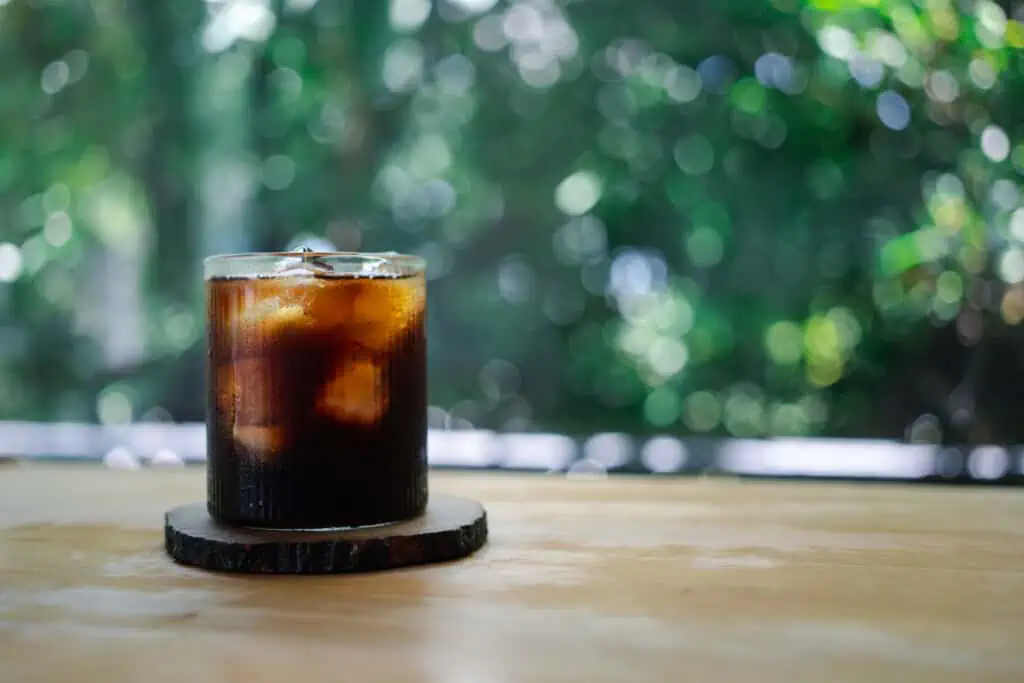
So, why did we dip into this class once more in 2020, regardless of a scarcity of total enthusiasm concerning the style in 2018? Properly, it wasn’t misplaced on us that the expansion of the chilly brew phase is way more than a passing fancy. RTD black espresso is right here to remain, and high quality 1s on the rise. Of the 37 RTDs we examined in July 2020’s RTD Rising: Single-Origin Chilly Coffees Elevate the Recreation, 11 scored 92 factors or greater, together with Corvus Espresso ‘s 94-point Guji Uraga Nitro Chilly Brew, which earned the #21 spot on our record of the Prime 30 Coffees of 2020.
With Chilly Black Espresso: Simplicity Guidelines the Put up-Pandemic RTD Panorama in July 2021, we revisited cold-brewed bottled coffees within the context of a altering, post-Covid market. The pandemic introduced into focus what’s primary and elementary, and the ten RTD cold-brewed coffees we reviewed in that report, rated 92 to 94, displayed the frequent denominator of simplicity, in the perfect sense of that phrase: basic and direct.
In our June/July 2024 report, we’ll as soon as once more check the range and high quality of RTD coffees as they march on into {the summertime} espresso mainstream.
AUGUST/SEPTEMBER 2024: DECAFFEINATED COFFEES FOR BREWED APPLICATIONS

The rule of thumb is that about 10 p.c of shoppers drink decaffeinated espresso. So, why are solely 2 p.c of critiques on coffeereview.com decafs?
A part of the reason being apparent. Ninety p.c of espresso drinkers don’t drink decaffeinated espresso, in order that they are usually missed by the overwhelming majority of espresso drinkers. Moreover, as a result of decaffeinated coffees usually don’t match the standard of their caffeinated counterparts, many roasters contemplate them solely as a mandatory evil generated for a small fraction of their buyer base. In relationship to Espresso Evaluation, most roasters don’t submit decaffeinated coffees for assessment as a result of they often don’t earn eye-popping scores which may assist drive gross sales.
Espresso Evaluation definitely isn’t biased in opposition to decaffeinated coffees. We merely consider what we discover within the cup. Sadly, when decaf is within the cup, it usually simply doesn’t excel. That mentioned, Espresso Evaluation definitely appreciates a top quality decaf. In actual fact, decafs have appeared on our annual Prime 30 Coffees record 5 occasions since 2013.
In our most up-to-date report about decafs, in 2015, Kenneth Davids made two broad observations that will nonetheless pretty describe the status and traits relating to decafs in 2024:
“Remark one: Most decaffeinated coffees proceed to be unhealthy, in some circumstances near foul.”
“Remark two: However, nice coffees clearly can survive and transcend the pains of decaffeination. 4 decafs from this [report’s] cupping attracted scores starting from 89 to a powerful 93.”
With our August/September 2024 report, we’ll revisit these observations as we search to assist decaf drinkers discover and luxuriate in superior-quality decaffeinated coffees.
OCTOBER/NOVEMBER: GUATEMALA-GROWN COFFEES
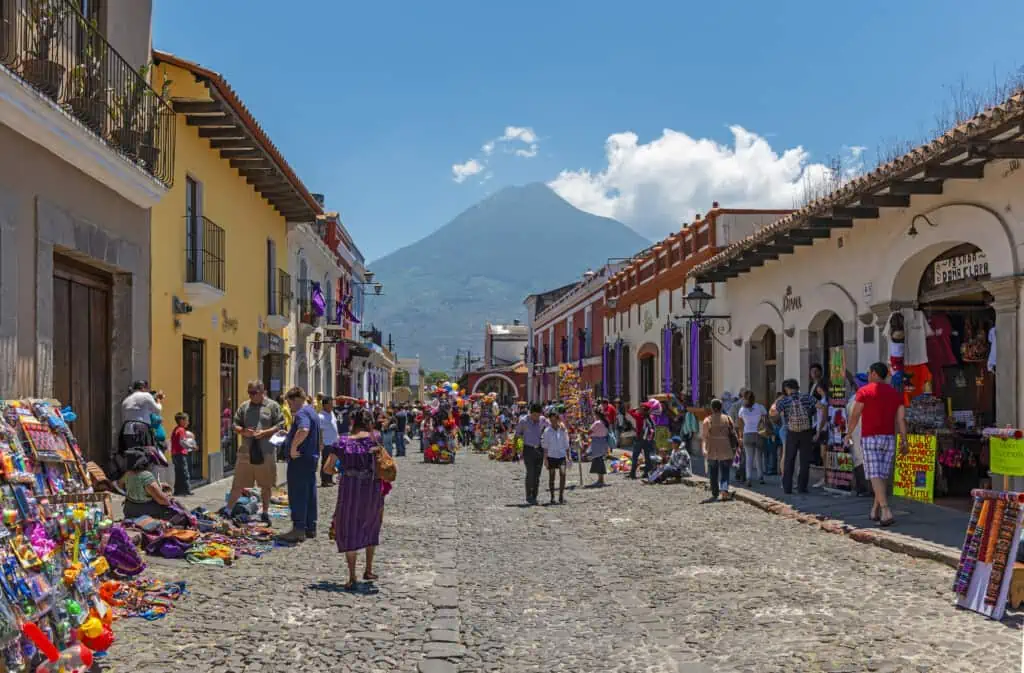
Folks strolling in the primary road of Antigua with the Agua volcano within the background.
In 1997, when Espresso Evaluation was based, Guatemala was a espresso heavyweight. In our first large-group “calibration cupping” in July 1997, we chosen Guatemala Coffees for the subject. It was simply our fifth tasting report and our first ever report devoted to a single nation of origin. It was sandwiched between Grocery store Coffees in June and Decaffeinated Coffees in August. Davids described Guatemala as “one of many world’s basic espresso origins.”
Two years later, in our July 1999 report — New Crop Guatemalas — he opened with:
“Guatemala is rivaled solely by Kenya as espresso insiders’ favourite origin.”
Guatemala remains to be a basic origin and an insiders’ favourite, however to not the extent it was 25 years in the past. We nonetheless cup coffees from Guatemala often, and so they usually rating nicely to very nicely. Since 1997, we’ve revealed greater than 600 critiques of coffees that have been solely from Guatemala or featured Guatemala as a named element in blends. As such, Guatemala coffees have been concerned in 8 p.c of all of the coffees we now have ever reviewed.
Why select Guatemala as a report matter in 2024? In brief, it’s overdue. We haven’t featured Guatemala coffees as the subject of a tasting report since Suave and Idiosyncratic: Espresso of Guatemala in September 2013.
AN EVENTFUL YEAR AHEAD FOR COFFEE
We’re wanting ahead to an thrilling yr of tasting and reporting. See our full 2024 Editorial Calendar.

